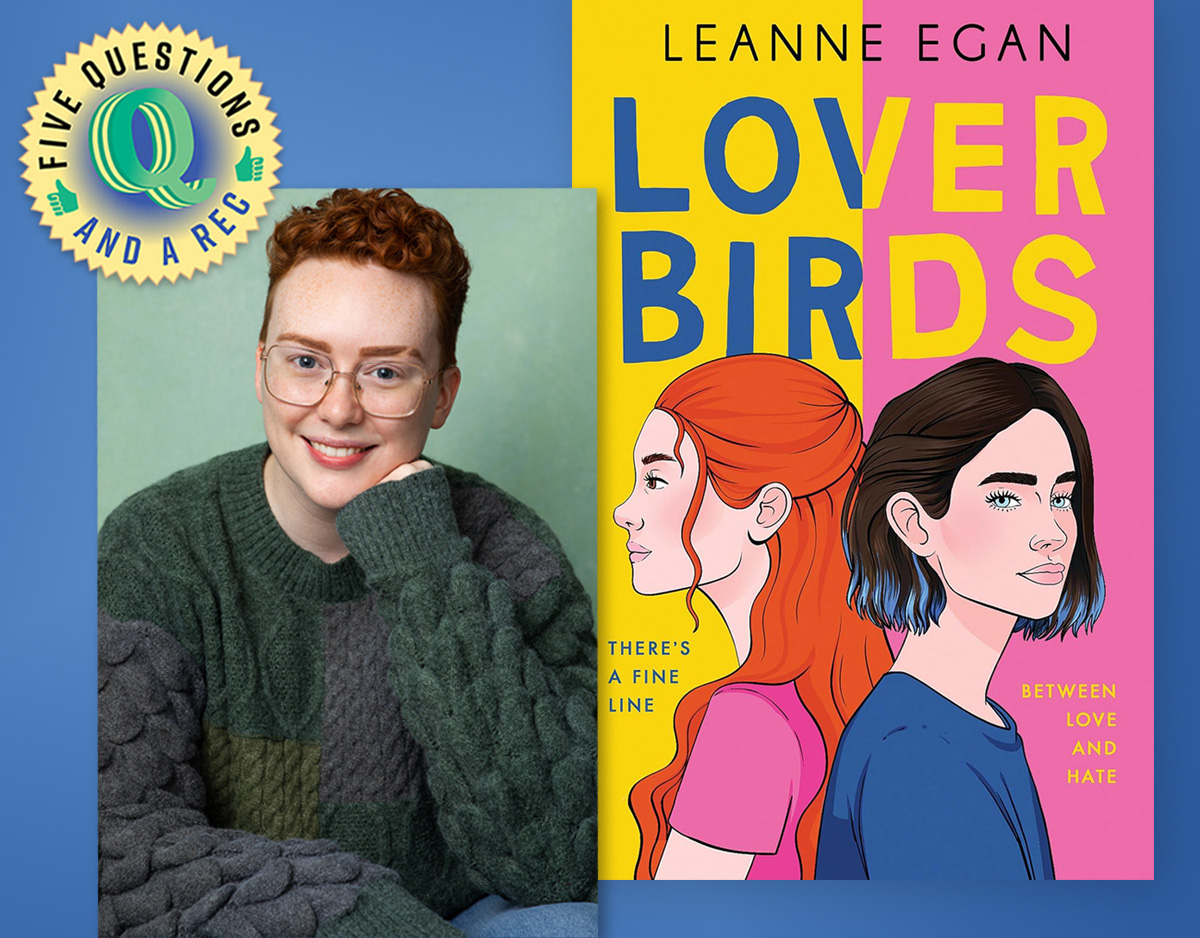Nonfiction Monday: Ideas that Changed the World

ADVERTISEMENT
ADVERTISEMENT

Sometimes, I claim to have ideas. Usually these ideas are either stolen (Ã la the t-shirt cardigan) or original and stupid (care to hear about my hot dog restaurant called Redonkulous Dogs?). But when honest to goodness brilliance is presented in a way that kids will enjoy, it’s worth mentioning. Such is the case with Ideas that Changed the World. A collection of the most important, useful, and enjoyable inventions delivered in a visual style that’s easy to get into.
After a brief introduction, the ideas are sorted into six sections, each highlighting a different realm of life, including Great Gizmos, Handy Gadgets, Culture, and more. The big guys (lightbulb, x-ray, DNA) are all present, along with smaller inventions (Post-its, LEGOs®, 3D) that have had a lasting impact.
Each is highlighted on a two-page spread with a multitude of captions and callouts to provide historical context and important details. High resolution images draw attention.

The best ideas humankind has come up with, in a format that will appeal to young readers. For pleasure reading or fact-finding, this is a good book to have in your collection.
Review copy from publisher.
Click here to check out the Nonfiction Monday roundup at The Book Nosher.
Find this book at your local library with WorldCat.
Filed under: Reviews
About Travis Jonker
Travis Jonker is an elementary school librarian in Michigan. He writes reviews (and the occasional article or two) for School Library Journal and is a member of the 2014 Caldecott committee. You can email Travis at scopenotes@gmail.com, or follow him on Twitter: @100scopenotes.
ADVERTISEMENT
ADVERTISEMENT
SLJ Blog Network
Publisher Preview: Creative Company (Fall 2025)
Walt Disney’s Mickey Mouse and the Amazing Lost Ocean | Review
When Book Bans are a Form of Discrimination, What is the Path to Justice?
DIY Teen Makerspace: Pop-Up Cards Tutorial
ADVERTISEMENT








It reminds me a little of “The Day the Universe Changed” by James Burke, but geared for kids.